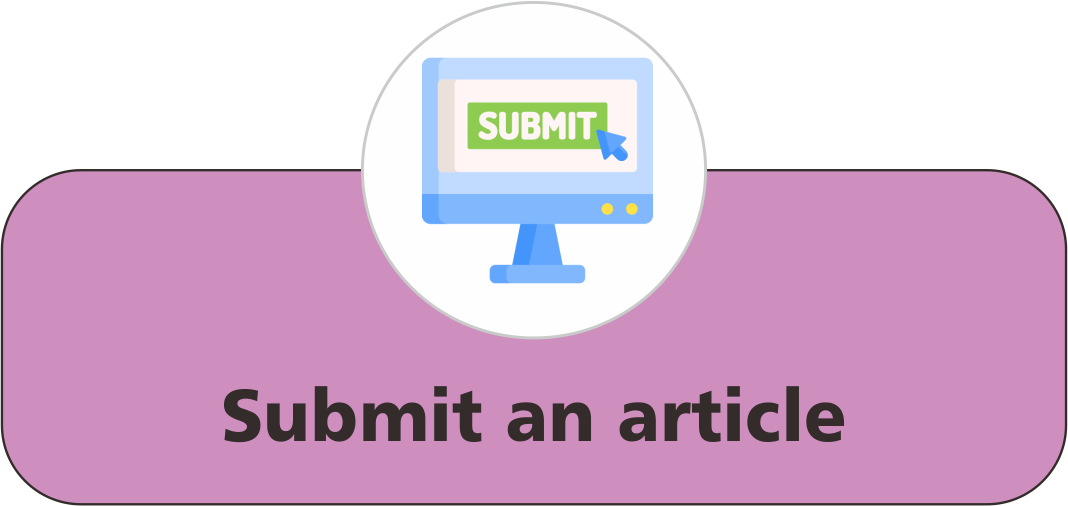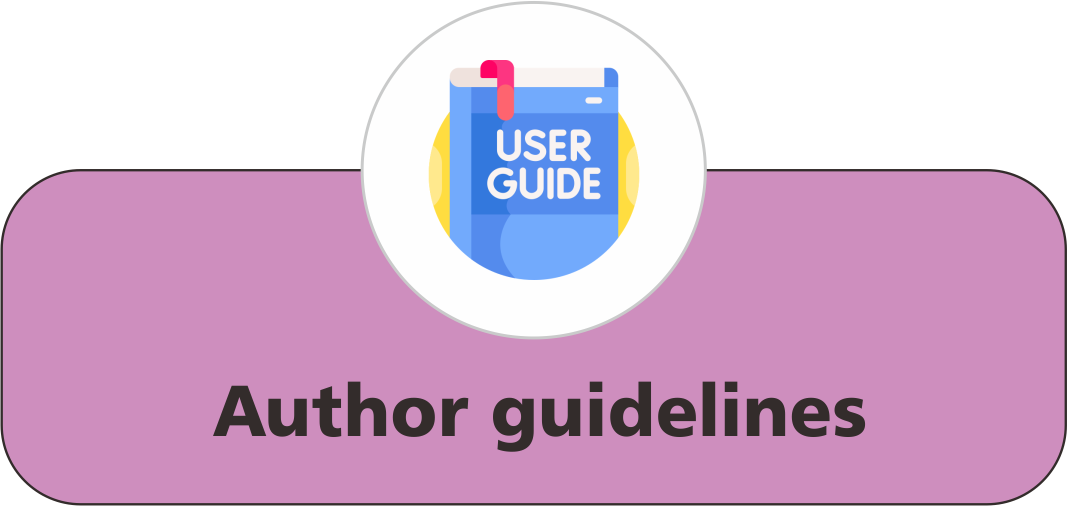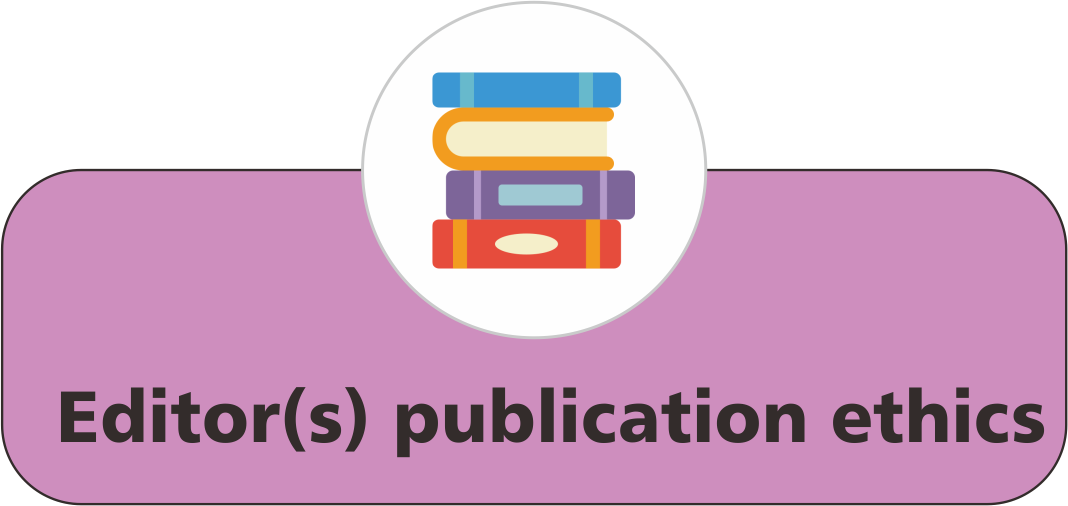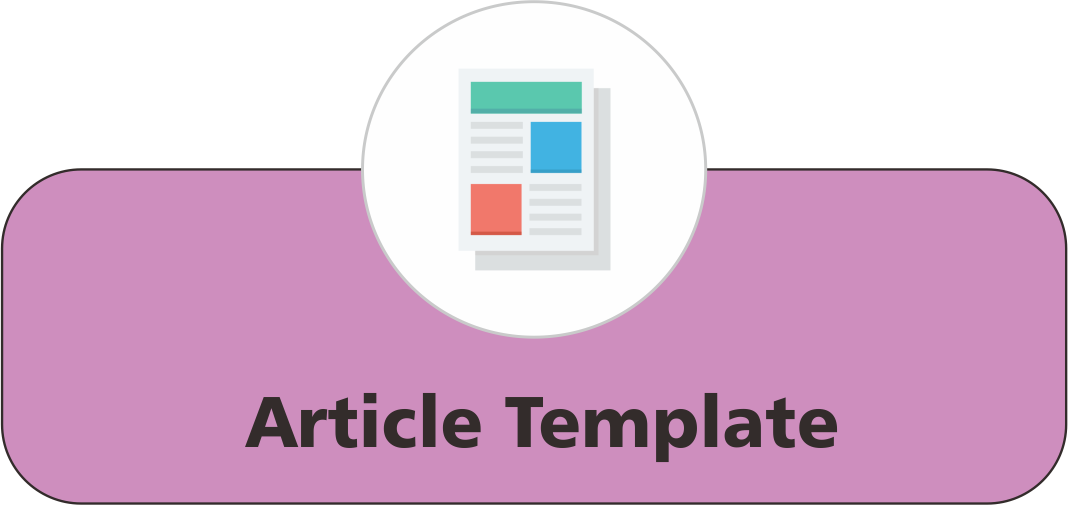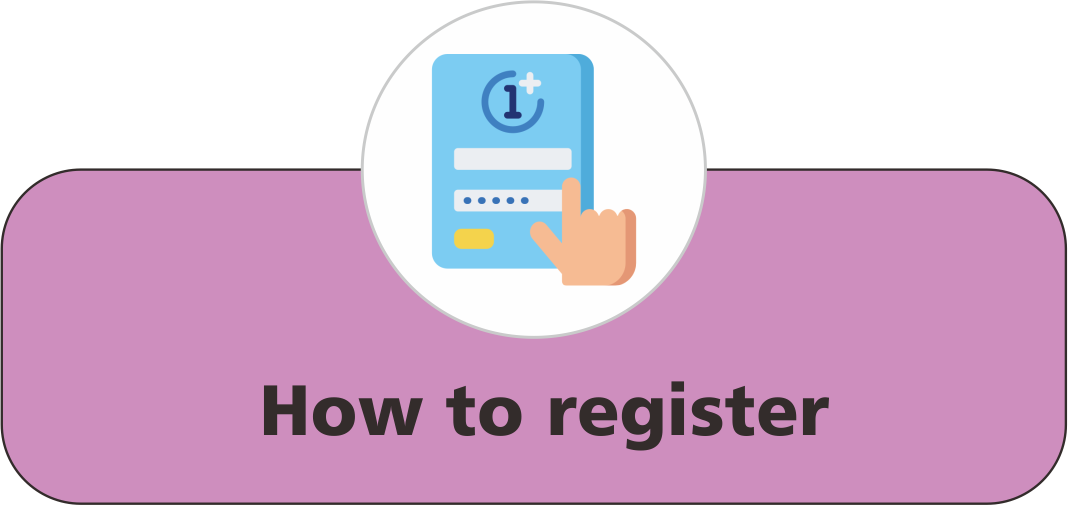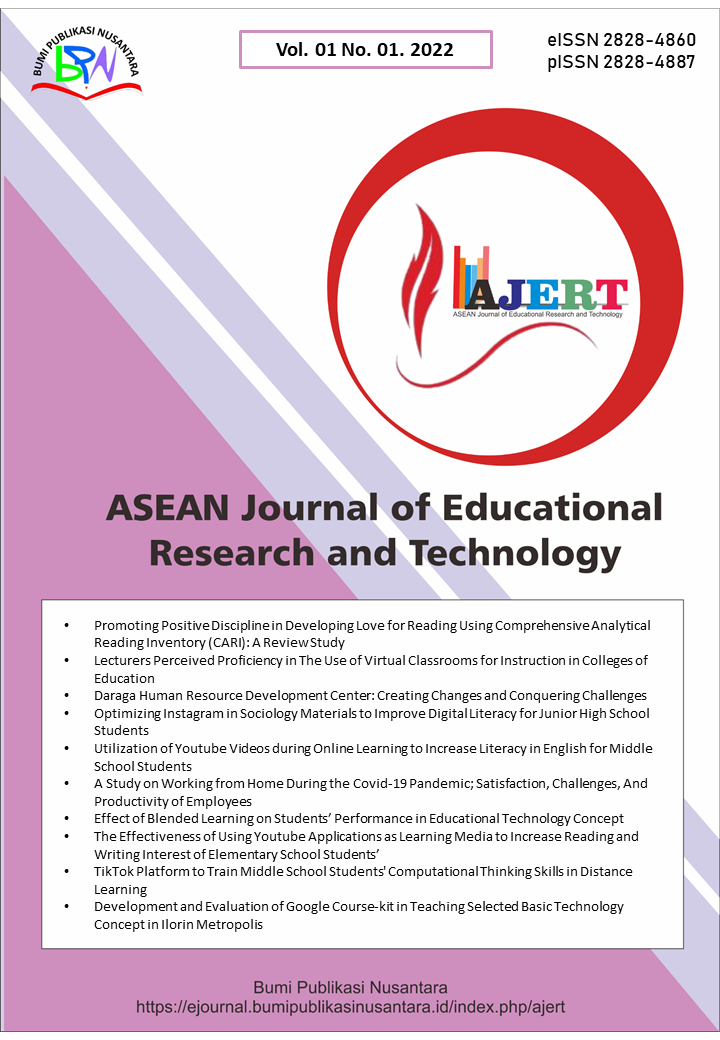Effectiveness of the Phenomenon-Based Approach in Enhancing Senior High School Students’ Mathematical Achievement and Problem-Solving Skills
 ), Engr. Eulogio Apellido Jr(2),
), Engr. Eulogio Apellido Jr(2),
(1) Sultan Kudarat State University
(2) Sultan Kudarat State University
 Corresponding Author
Corresponding Author
Abstract
This study investigates the effectiveness of the Phenomenon-Based Approach (PBA) compared to the Traditional Approach (TA) in teaching mathematics to Senior High School students at Polonuling National High School, Philippines. Employing a quasi-experimental design, pre-tests and post-tests were administered to measure students' mathematical performance, particularly their problem-solving and critical thinking skills. The pretest scores showed no significant difference between the two groups, indicating comparable initial proficiency levels. However, post-test results revealed a statistically significant improvement in the PBA group, highlighting the approach's effectiveness in enhancing conceptual understanding and academic achievement. Statistical analysis confirmed the superior impact of PBA on student learning outcomes. The findings support the integration of PBA into classroom instruction to foster real-world application of mathematics and strengthen 21st-century competencies. The study recommends curriculum enhancement, teacher training, and interdisciplinary collaboration to facilitate effective implementation of the Phenomenon-Based Approach in the Philippine educational context.
Keywords
References
Abualrob, M., and Al-Saadi, S. H. (2019). Performance-based assessment: Approach and obstacles by higher-elementary Science teachers in Palestine. Journal of Education and Learning, 8(2), 198-206.
Agbata, B. C., Obeng-Denteh, W., Kwabi, P. A., Abraham, S., Okpako, S. O., Arivi, S. S., and Adu, G. W. (2024). Everyday uses of mathematics and the roles of a mathematics teacher. Science World Journal, 19(3), 819-827.
Asahid, R. L., and Lomibao, L. S. (2020). Embedding proof-writing in phenomenon-based learning to promote students’ mathematical creativity. American Journal of Educational Research, 8(9), 676-684.
Bell, T., Urhahne, D., Schanze, S., and Ploetzner, R. (2010). Collaborative inquiry learning: Models, tools, and challenges. International Journal of Science Education, 32(3), 349-377.
Bottery, M. (2008). The educational eader in a rapidly changing world: New contexts, new challenges, new purposes, new qualities?. Journal of Educational Leadership, Policy and Practice, 23(2), 3-17.
Capps, D. K., and Crawford, B. A. (2013). Inquiry-based instruction and teaching about nature of science: Are they happening?. Journal of Science Teacher Education, 24(3), 497-526.
Chris, L., and Joanna, W. (2022). An introduction to quasi-experimental research for technical and professional communication instructors. Journal of Business and Technical Communication, 37(2),174-193.
Daniel K. Capps, B., Crawford, A and Constas, M. (2012). A review of empirical literature on inquiry professional development: Alignment with best practices and a critique of the findings. Journal of Science Teacher Education, 23(3), 291-318.
Eklund, A. A., and Helmefalk, M. (2022). Congruency or incongruency: A theoretical framework and opportunities for future research avenues. Journal of Product and Brand Management, 31(4), 606-621.
Gartlehner, G., Hansen, R. A., Nissman, D., Lohr, K. N., and Carey, T. S. (2006). A simple and valid tool distinguished efficacy from effectiveness studies. Journal of Clinical Epidemiology, 59(10), 1040-1048.
Helsel, R. T., Lambert, S., Dickerson, L., Strelich, J., Woods, V., and Feldwinn, D. (2022). Design of a phenomenon‐based science outreach program and its effects on elementary students’ epistemological understanding of, and attitudes toward, science. School Science and Mathematics, 122(2), 74-85.
Julius Fusic, S., Anandh, N., Anitha, D., Sugumari, T., and Sri Vinodhini, H. (2022). Impact of implementing project‐based assignment (PBA) in CDIO framework for computer numerical control application course. Computer Applications in Engineering Education, 30(5), 1577-1590.
Koné, K. (2021). Exploring the impact of performance-based assessment on Malian EFL learners’ motivation. Advances in Language and Literary Studies, 12(3), 51-64.
Kováčiková, L., Varga, F., Kvaltínyová, E., Plevková, J., and Buday, T. (2016, September). Innovation and simulation-based teaching technique in pathological physiology. International Conference Proceedings, 4, 727-731.
Lee, S., and Cuthbert, K. (2016). Phenomenon-based learning in higher education: A strategy to foster critical thinking and problem solving. Teaching and Learning Inquiry, 4(2), 1–13.
Leonard, J. E. (2018). The validity of a performancebased assessment for aspiring school leaders. Education Policy Analysis Archives, 26, 163-163.
Levatino, A., Verger, A., Camphuijsen, M., Termes, A., and Parcerisa, L. (2024). School governance through performance-based accountability: A comparative analysis of its side effects across different regulatory regimes. Review of Research in Education, 48(1), 248-286.
Lotter, C., Harwood, W. S., and Bonner, J. J. (2007). The influence of core teaching conceptions on teachers' use of inquiry teaching practices. Journal of Research in Science Teaching, 44(9), 1318-1347.
Nguyen, L. T. V., Cleveland, D., Nguyen, C. T. M., and Joyce, C. (2024). Problem-based learning and the integration of sustainable development goals. Journal of Work-Applied Management, 16(2), 218-234.
Pagès, M. (2021). Enacting performance-based accountability in a Southern European school system: Between administrative and market logics. Educational Assessment, Evaluation and Accountability, 33(3), 535-561.
peSalendab, F. A., and Dapitanb, Y. C. (2021). Effectiveness of performance-based assessment tools (PBATs) and the students’ academic performance. Turkish Journal of Computer and Mathematics Education, 12(10), 6919-6928.
Rebecca, R, O., and Bercasio. (2023). Enriching high school English lessons with global citizenship education using phenomenon-based learning. Randwick International of Education and Linguistics Science Journal, 4(2), 216-232.
Ricciutti, N. M., and Zhang, S. (2024). A pilot study of the behavioral addictions knowledge survey: Ensuring students’ knowledge about process/behavioral addictions. Journal of Addictions and Offender Counseling, 45(2), 205-220.
Scott, T., and Husain, F. N. (2021). Textbook reliance: Traditional curriculum dependence is symptomatic of a Larger educational problem. Journal of Educational Issues, 7(1), 233-248.
Serkan, A. (2019). The impact of argumentation-based teaching and scenario-based learning method on the students’ academic achievement. Journal of Baltic Science Education, 18(2), 171-183.
Sølvik, R. M., and Glenna, A. E. (2022). Teachers’ potential to promote students’ deeper learning in whole-class teaching: An observation study in Norwegian classrooms. Journal of Educational Change, 23(3), 343-369.
Uhlig, S., Bläul, C., Frost, K., Sgorzaly, S., Colson, B., and Simon, K. (2015). Qualitative PT data analysis with easy-to-interpret scores. Accreditation and Quality Assurance, 20, 347-353.
Van den Broeck, L., De Laet, T., Lacante, M., Pinxten, M., Van Soom, C., and Langie, G. (2019). Predicting the academic achievement of students bridging to engineering: The role of academic background variables and diagnostic testing. Journal of Further and Higher Education, 43(7), 989-1007.
Wang, Y., Fan, W., Zhao, S., Zhang, K., Zhang, L., Zhang, P., and Ma, R. (2016). Qualitative, quantitative and combination score systems in differential diagnosis of breast lesions by contrast-enhanced ultrasound. European Journal of Radiology, 85(1), 48-54.
Worawong, K., Charttrakul, K., and Damnet, A. (2017). Promoting intercultural competence of Thai university students through role-play. Advances in Language and Literary Studies, 8(6), 37-43.
Article Metrics
Abstract View : 926 times
: 926 times Download : 591 times
Download : 591 times
Refbacks
- There are currently no refbacks.
Copyright (c) 2025 Bumi Publikasi Nusantara

This work is licensed under a Creative Commons Attribution-ShareAlike 4.0 International License.

